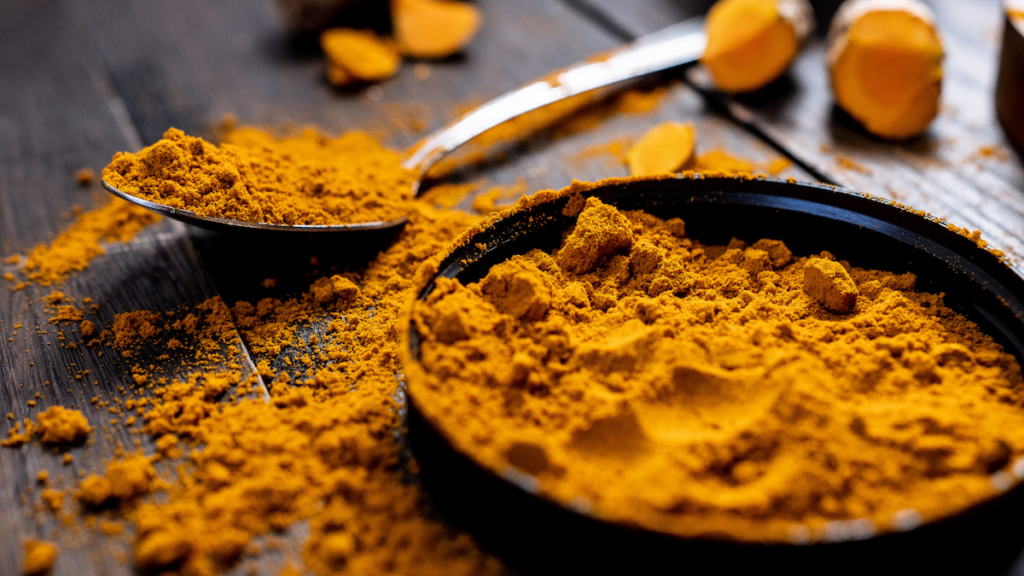There appears to be growing evidence suggesting the potential anti-inflammatory effects of turmeric, among other supplements. Turmeric, specifically its active compound curcumin, is gaining attention in scientific research thanks to its anti-inflammatory and antioxidant properties. But does that mean turmeric can reduce inflammation in the body?
A Closer Look At Curcumin
Numerous preclinical studies have demonstrated the ability of curcumin to modulate inflammatory pathways by dampening the activity of pro-inflammatory enzymes and cytokines. Curcumin also has antioxidant effects by scavenging free radicals and enhancing the activity of endogenous antioxidant enzymes.
Several clinical trials have investigated the therapeutic potential of curcumin in various inflammatory conditions, including arthritis, inflammatory bowel disease (IBD), and cardiovascular diseases. While some studies have reported promising results, others have mixed or inconclusive findings. It’s an important reminder that further research is warranted before any conclusions are made about curcumin’s benefits.
Other Anti-Inflammatory Supplements
Turmeric is the only supplement that’s being studied for its anti-inflammatory properties. Others include:
- Omega-3 fatty acids: Found in fatty fish (such as salmon, mackerel, and sardines) and certain plant sources (such as flaxseeds and walnuts), omega-3 fatty acids also have anti-inflammatory effects. Clinical trials have shown that omega-3 supplementation may reduce inflammation and improve clinical outcomes in conditions such as rheumatoid arthritis, cardiovascular disease, and inflammatory skin disorders.
- Ginger: Like turmeric, ginger contains bioactive compounds with anti-inflammatory and antioxidant properties. Studies have suggested that ginger supplementation may alleviate symptoms of osteoarthritis, dysmenorrhea, and exercise-induced muscle soreness by modulating inflammatory pathways and reducing oxidative stress.
- Green tea catechins: Green tea polyphenols, particularly epigallocatechin gallate (EGCG), have potent antioxidant and anti-inflammatory properties. Clinical trials have indicated that green tea catechin supplementation may reduce inflammation and improve cardiovascular health, metabolic parameters and immune function.
The Takeaway
These natural supplements hold promise as complementary therapies for inflammation-related conditions. But it’s important to interpret the findings with caution. Research outcomes can vary depending on factors such as study design, participant characteristics, and dosing regimens. Instead of relying on supplements alone, and certainly before starting a supplement regimen to address inflammation, individuals should consult with healthcare professionals. That’s especially true for anyone who has preexisting medical conditions or is currently taking medication. Overall, while the evidence for turmeric and other supplements in reducing inflammation is encouraging, further research is needed to understand their role in clinical practice and optimize therapeutic outcomes.




